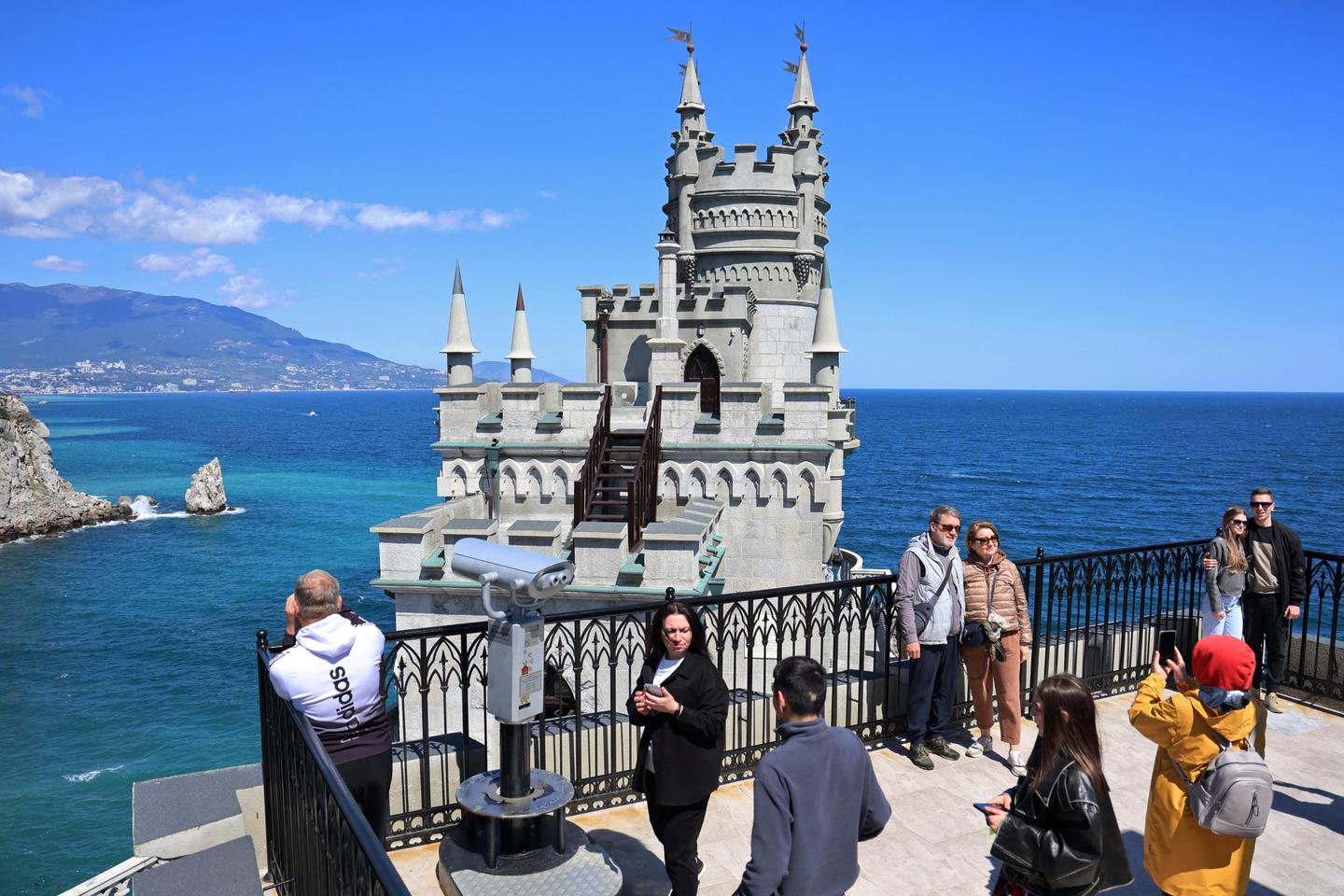


One can be wealthy, powerful and ignorant, but it is far less common to admit it. Steve Witkoff, the US president's special envoy, falls into this category. No one disputes the Bronx native's talent for closing mega real estate deals, but in diplomacy, he is a novice. Tasked by Donald Trump with extinguishing three of the world's most serious crises, he has not had time to delve into the issues in depth. He has acknowledged this with a certain candor, thanking his European and Ukrainian interlocutors for the insights they have provided to correct the narrative – abundantly and effectively shaped by his long conversations at the Kremlin. After all, this concerns a continent, a region, a history and a war with which they are more familiar than he is. "I listen, I listen, it's very interesting," he is said to have remarked, according to a witness of these meetings.
This is not exactly the style of his boss, the president, who is less inclined to humility and maintains a rather personal connection with the developments. Trump has regularly accused Ukraine of having started the war that ravages it. More recently, he also claimed that "Crimea will stay with Russia," especially since it was "it was handed to them by Barack Hussein Obama."
The simplification is striking and deserves attention. The Black Sea peninsula is not only a focal point of what divides Russia and Ukraine; it is also a symbol of Western misjudgments about post-Soviet Russia. In the current context, it represents a potential source of deep division between the United States and Europe. The legal recognition of Crimea's annexation by Russia, proposed in an American document submitted to Moscow as part of a possible peace agreement, goes far beyond a question of territory: It undermines the entire legal framework of European security, built after World War II. Washington never recognized Moscow's annexation of the Baltic states in 1940.
First annexation in 1783
You have 63.51% of this article left to read. The rest is for subscribers only.
